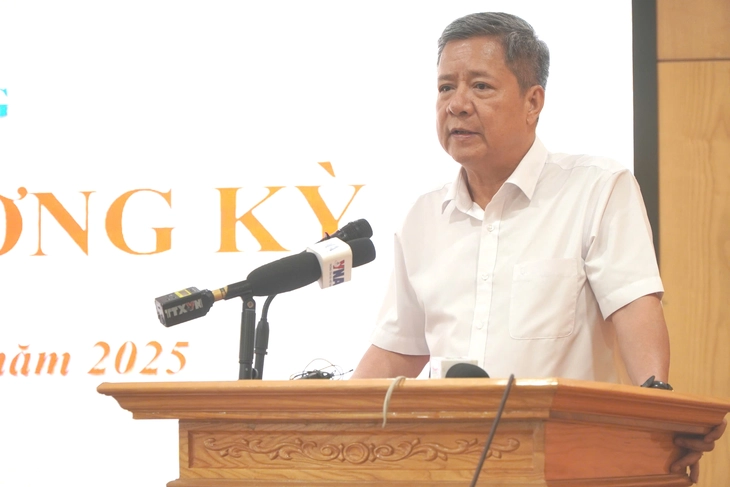
Mr. Bui Quoc Hung - Photo: N.KH
On the afternoon of October 8, the Ministry of Industry and Trade held a regular press conference for the third quarter of 2025 on issues of concern related to energy development policies, the LNG electricity sector and electricity price policies.
Regarding the implementation of Resolution No. 70 of the Politburo on ensuring national energy security, Mr. Bui Quoc Hung - Deputy Director of the Electricity Department (Ministry of Industry and Trade) - said that immediately after the resolution was issued by the Politburo, the Government assigned the Ministry of Industry and Trade to preside over the drafting of two important resolutions.
Incentive mechanisms are being developed for renewable energy projects.
One is the National Assembly 's resolution to provide mechanisms and preferential policies to encourage and promote the development of electricity projects, especially renewable energy.
Second is the Government's resolution to deploy the action program to implement Resolution 70. Currently, the above documents are being appraised, consulted, and submitted to all levels.
Mr. Hung emphasized that Resolution 70 plays a particularly important role in the context of the electricity industry facing many challenges. In particular, according to Power Plan 8, Vietnam needs to put into operation a large number of new power source and grid projects.
However, many projects are still slow, and some projects are even difficult to complete, especially LNG thermal power, offshore wind power and transmission grid.
Therefore, the early issuance of the above two resolutions is necessary to remove obstacles and create a favorable legal corridor for investors.
Regarding the specific mechanism to promote LNG power projects, Mr. Hung said that the Ministry of Industry and Trade is considering proposing a mechanism to commit to electricity generation output at about 70-75% within 10 years for LNG power plants.
Regarding the Quynh Lap - Nghe An LNG thermal power project, the project has been added to the Power Plan 8. However, the project is still in the investor selection phase, there is no official unit in charge so more detailed information cannot be provided.
Hai Phong LNG project is a key project
Regarding the Hai Phong LNG thermal power project, Mr. Bui Quoc Hung said that this is one of the key projects that is being implemented smoothly. Last week, the Minister of Industry and Trade attended the groundbreaking ceremony of this project. The investor is a joint venture between Vingroup Corporation and VinEnergo Energy Joint Stock Company.
The project is large-scale, divided into two phases: phase 1 with a capacity of 1,600 MW and phase 2 with a capacity of 3,200 MW, with a total investment of more than 162,000 billion VND.
Phase 1 is expected to come into operation in 2030 and phase 2 in 2035. The project uses imported LNG fuel, invested in Nam Dong Son port with a capacity of 1.2 million tons/year.
According to information from the Hai Phong Economic Zone Management Board, the project has been granted an investment registration certificate, completed a feasibility study report and had its design appraised for fire prevention, fighting and environment.
Currently, the investor is selecting an EPC contractor and promoting procedures related to infrastructure investment, power transmission lines, planning adjustments, national grid connection, as well as completing documents on LNG import and fuel storage.
However, Mr. Hung said that according to regulations, the appraisal, approval and management of energy projects have been strongly decentralized to localities.
Therefore, the ministry only plays the role of state management in planning and planning. Specific procedures such as granting investment policies, appraisal, inspection, acceptance, etc. are directly carried out by localities.
Regarding the mechanism for adjusting electricity prices related to the losses of Vietnam Electricity Group (EVN), Mr. Hung said that a mechanism is currently being developed to ensure policy consistency and implement economical and efficient electricity use. Therefore, the adjustment of electricity prices will have a suitable roadmap to avoid creating shocks.
In case of having to adjust the average retail electricity price, EVN must closely coordinate with relevant ministries and agencies to effectively carry out communication.
In particular, it is necessary to have price management policies and guidelines to create consensus, as well as control expected inflation on the basis of electricity prices that ensure they reflect production and business costs.
Source: https://tuoitre.vn/bo-cong-thuong-thong-tin-ve-viec-trien-khai-du-an-dien-khi-lng-cua-vingroup-20251008180032257.htm








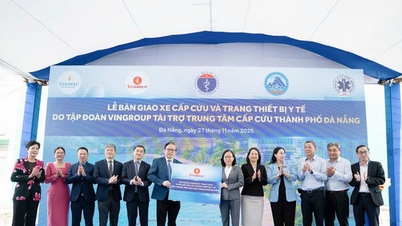

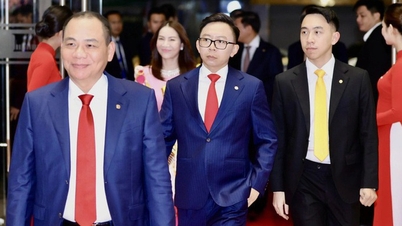
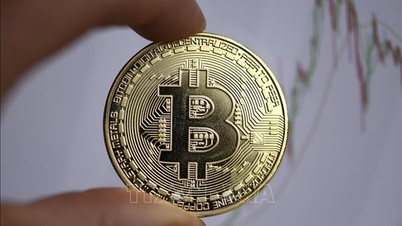

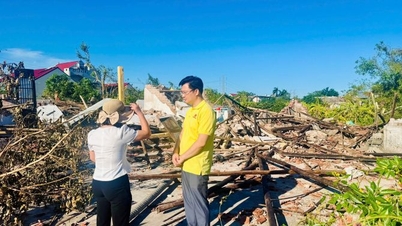

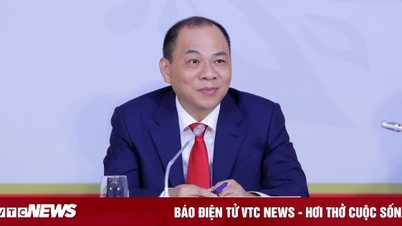

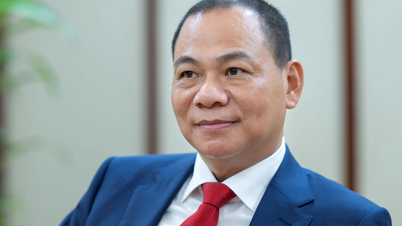




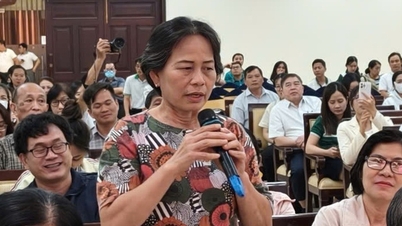



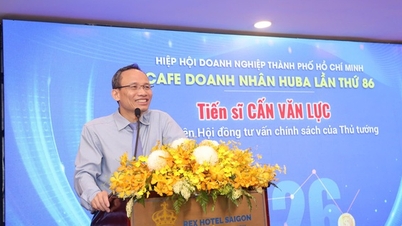





























































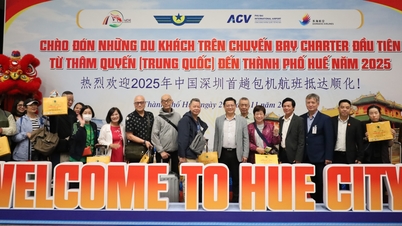



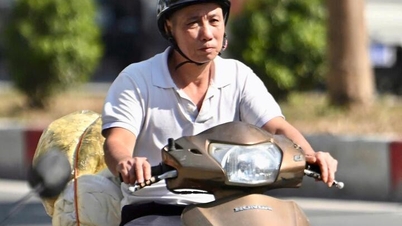

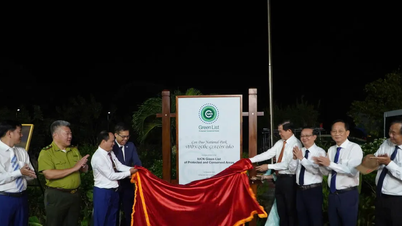

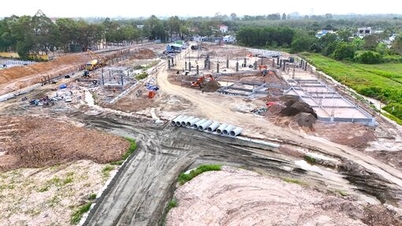









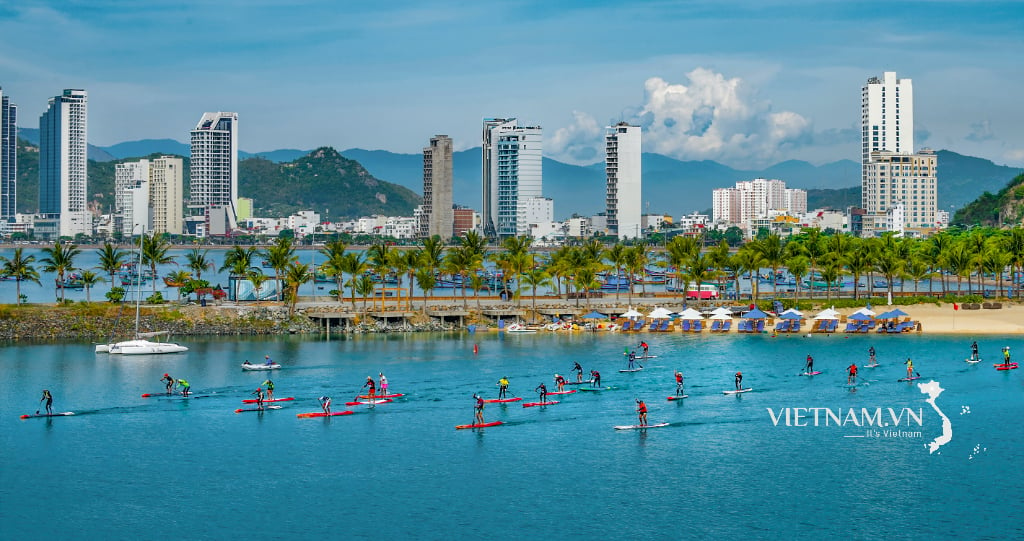



Comment (0)